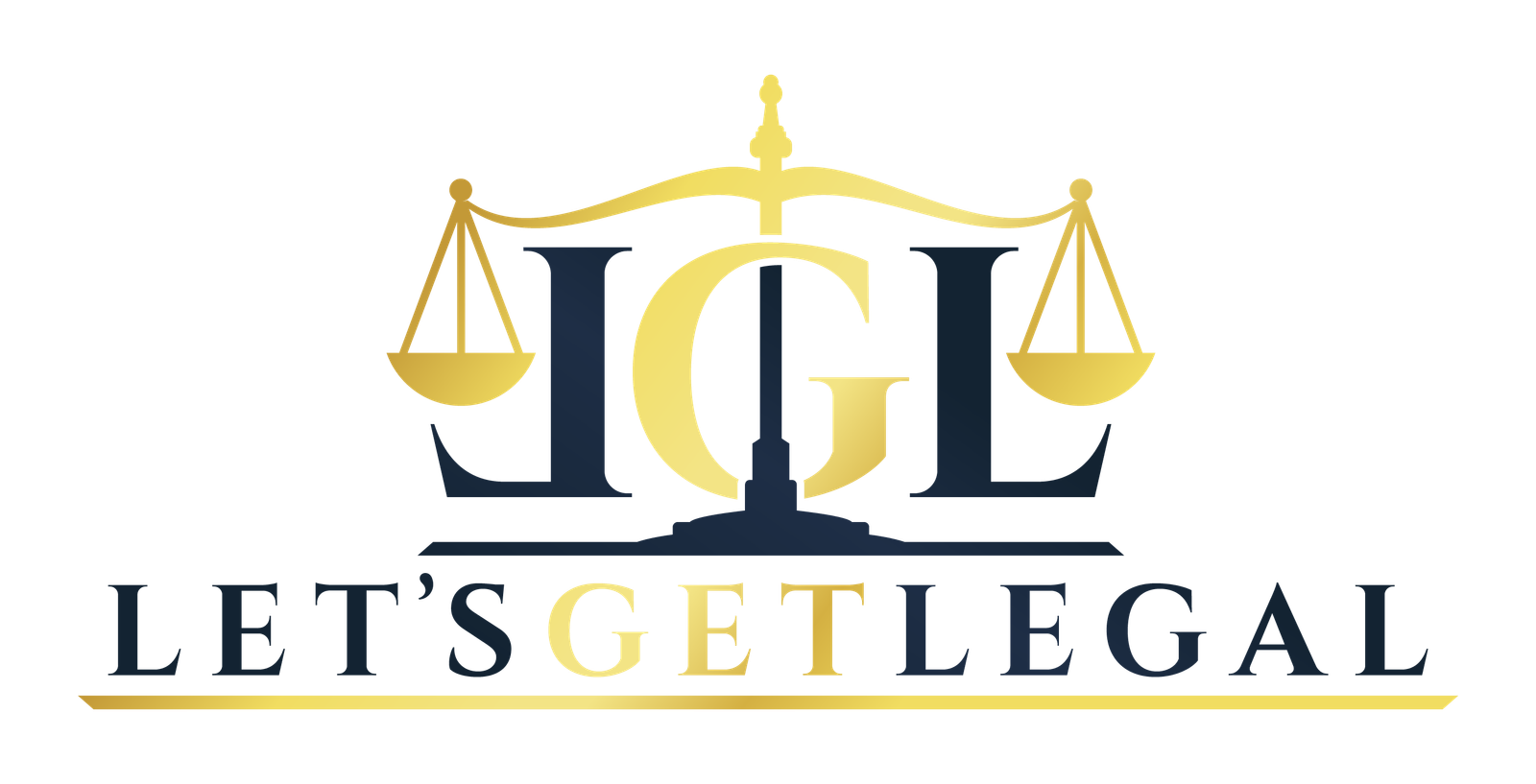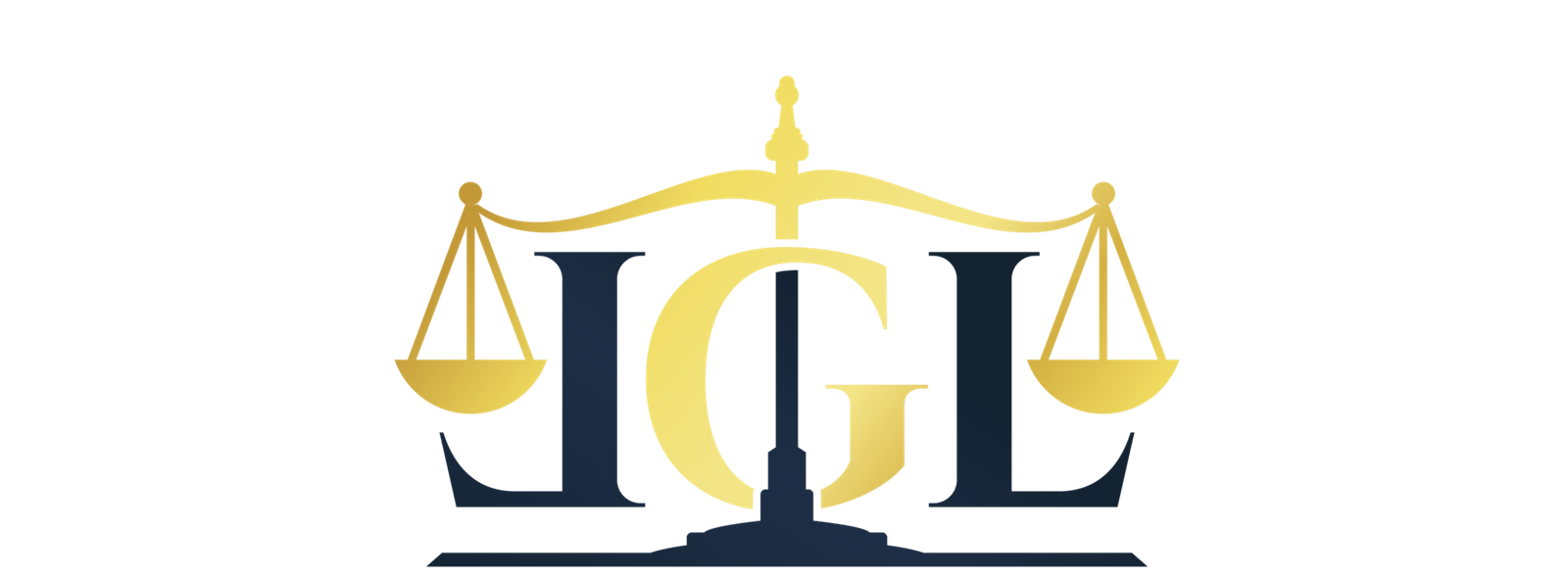Copyright is a right given by the law to creators of literary, dramatic, musical and artistic works and producers of cinematograph films and sound recordings. In fact, it is a bundle of rights including, inter alia, rights of reproduction, communication to the public, adaptation and translation of the work. There could be slight variations in the composition of the rights depending on the work.
Copyright ensures certain minimum safeguards of the rights of authors over their creations, thereby protecting and rewarding creativity. Creativity being the keystone of progress, no civilized society can afford to ignore the basic requirement of encouraging the same. The economic and social development of a society is dependent on creativity. The protection provided by copyright to the efforts of writers, artists, designers, dramatists, musicians, architects and producers of sound recordings, cinematograph films and computer software, creates an atmosphere conducive to creativity, which induces them to create more and motivates others to create.
Acquisition of copyright is automatic and does not require any formality. Copyright comes into existence as soon as a work is created and no formality is required to be completed for acquiring copyright. However, the certificate of registration of copyright and the entries made therein serve as prima facie evidence in a court of law with reference to disputes relating to ownership of copyright.
Which work can be registered as a Copyright.
A large number of works that are the creation of an author can be registered as Copyright work. Some of them could include:
- Literary work: This includes books, articles, magazines, tables and compilations.
- Dramatic work: This is the script of a drama.
- Artistic work: These are a painting, drawing, work of architecture, photograph, map, plan etc.
- Musical Work: These are the musical notations. It does not include any song sung by any person.
- Sound Recording: These are musical work and lyrics.
- Cinematographic work: These are audio-visual works of any kind.
- Software: These are instructions for operating a system or an App.
The applicant is required to file the work in the printed form or a CD which has the entire work in one file.
- The application has to be compulsorily filed online. It is not possible to file the application offline. The work and other documents are to be filed along with a printout of the online application at the Copyright Office within 30 days of the online filing. The application is filed online and requires the applicant to fill in particulars:
- Particulars of the applicant/owner of the Copyright,
- Particulars of the author of the work.
- Description of copyright work viz. Literary or Sound Recording etc.
- Details of publication of the work in India with the details of the publisher and year of publication is to be mentioned.
- Details of publication of the work outside India and the year of publication and name of the publisher is to be mentioned.
- Particulars of the person and place where the original work is stored have to be mentioned.
- A copy of the assignment from the author in favour of the applicant if the applicant and author are different people.
- A notice of the filing of the copyright application has to be sent by the applicant to the author if the applicant and author are different persons.
- When the artistic work is capable of being registered as a trademark, the applicant is required to obtain a certificate from the Registrar of Trade Marks that no such work is registered as a trademark.
- Recently, the Copyright Office has enabled search of pending applications and publication of applications that have been received for filing. The Copyright Office will examine an application after 30 days of this publication. Any person interested may thus lodge an objection against the application.
- After filing the application, it is examined by the Registrar of Copyright. The Copyright Office conducts a formal evaluation of the application to verify the formal particulars of the application.
- At the formal evaluation, the formal compliances are checked. For example: whether the assignment from the author is filed, authorization from the applicant in favour of the agent is filed, description of the work is correct and matches with the work claimed. Considering that applications are filed online by applicants directly, it makes sense to have a formal evaluation so that minor defects can be cured at the early stage itself. The Copyright Office also considers whether the work is registrable or not.
- The applicant is given an opportunity to file a written response to the examination report/office objection. If the Registrar is satisfied with the written response, the application proceeds further. If the Registrar has any objection, generally, an opportunity of hearing is given.
- If there is no outstanding objection, an entry is made in the Copyright Register of the Registration. An extract of the Copyright Register is sent to the Applicant.
- Copyright registration is valid for the full term of the copyright. The Copyright Office completes the entire process within 8 to 10 months in straightforward cases of registration







